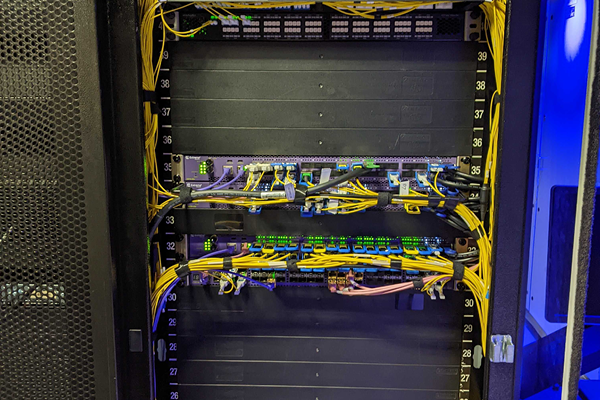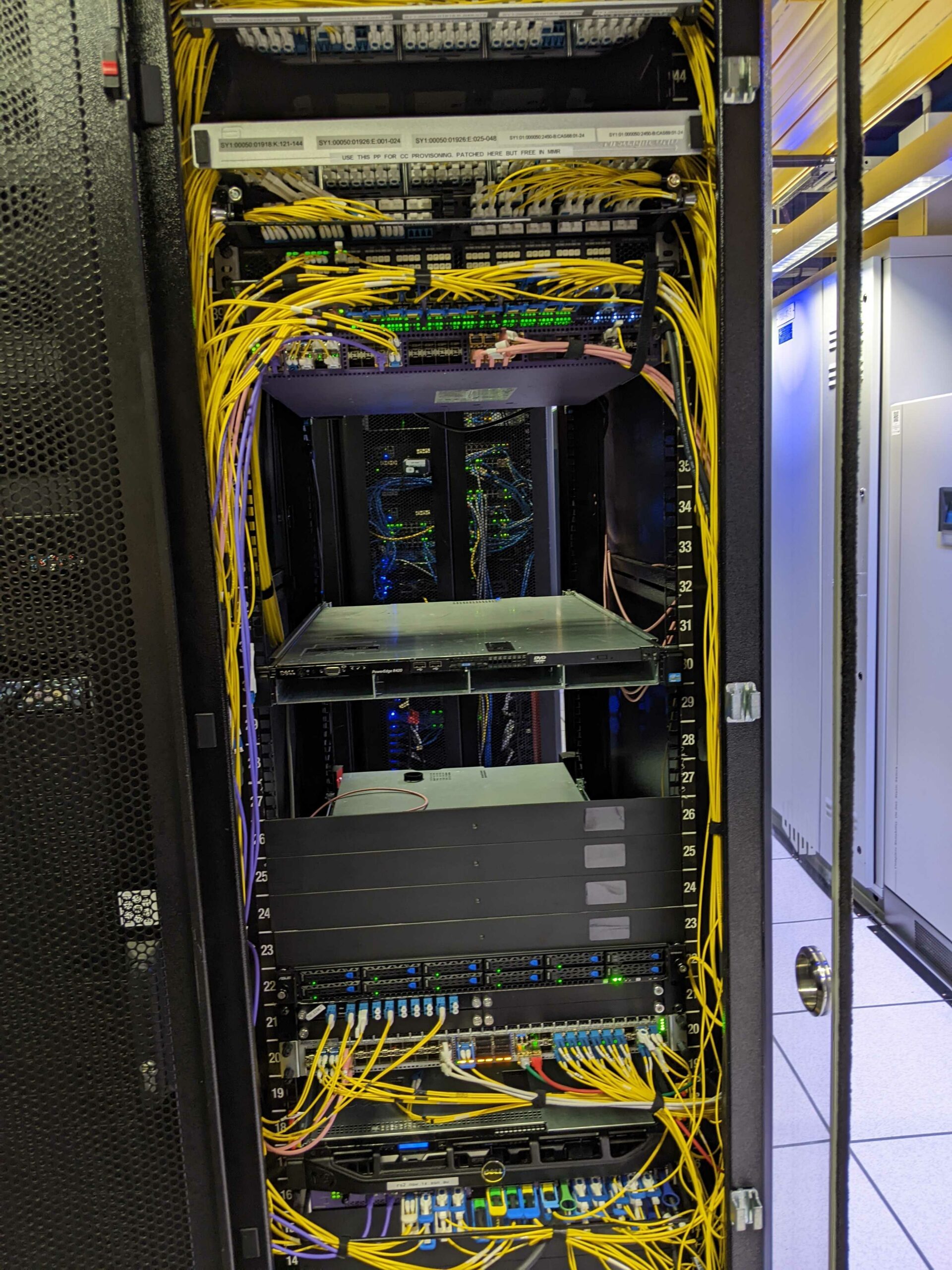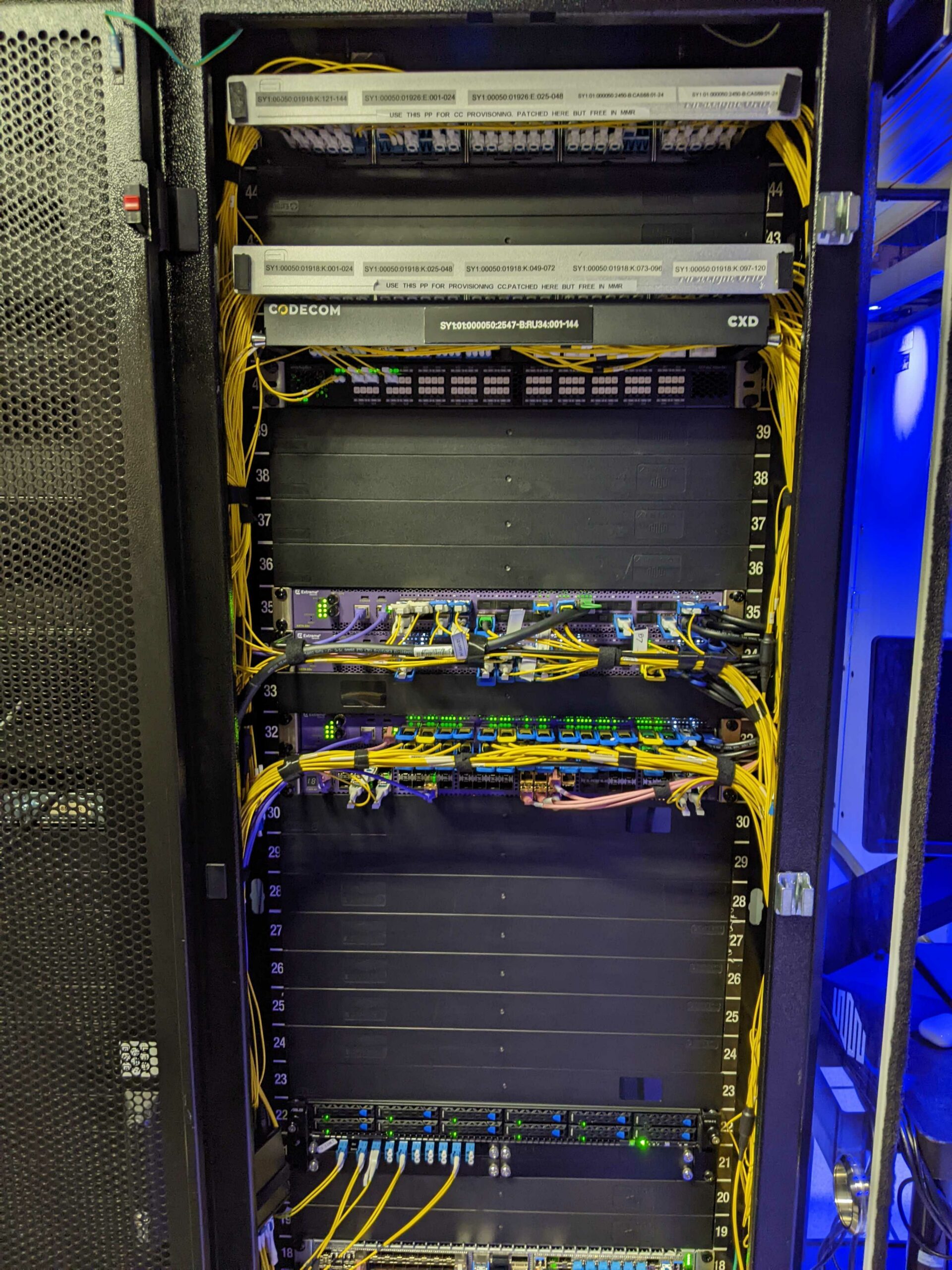How do ISPs meet their lawful intercept obligations? In this online session we will hear from Richard Nelson, Shane Alcock (Uni of Waikato) and Dave Mill (Searchlight), as well as IAA’s Sophia Joo, where they will explore the requirements of lawful intercept within the Australian context and demonstrate an open source approach to meeting your obligations.
Date: Tuesday, 16 August 2022
Time: 1-2pm AEST / 11-12pm AWST
Location: Online via Zoom (registration opens 18 July)










